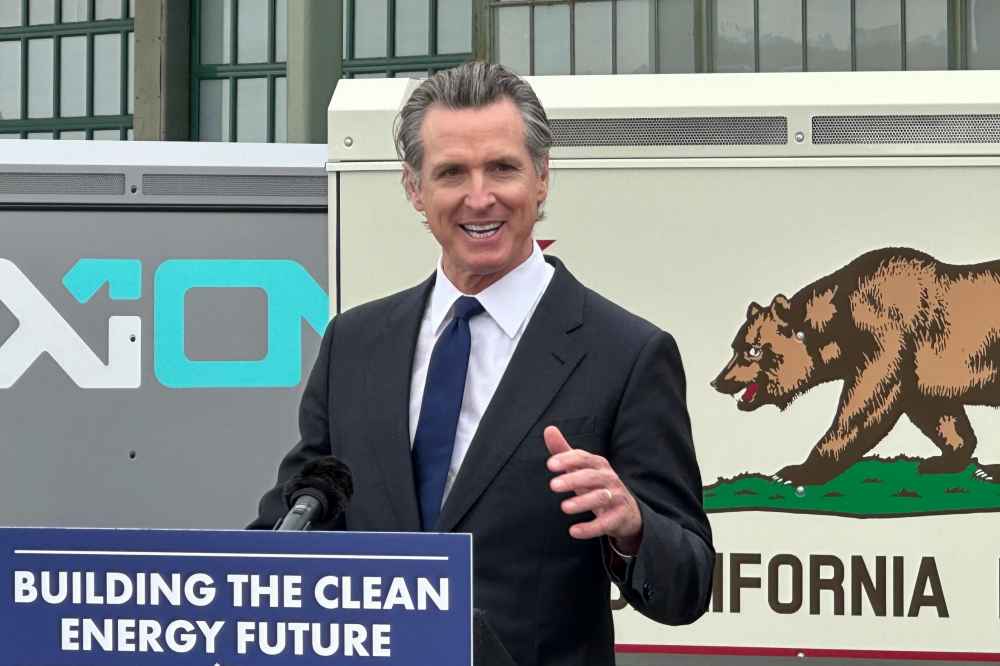The plan aims to address a budget deficit of nearly $32 billion without depleting the state’s savings account.

California Governor Gavin Newsom and Democratic legislators have reached an agreement on a budget deal to allocate $310.8 billion for the upcoming year
California, which heavily relies on tax revenues from the wealthy, experienced slowed revenue growth due to inflation and stock market fluctuations. The budget deal involves cutting approximately $8 billion in spending, deferring some expenditures, and transferring certain expenses to other funds. Additionally, the plan includes borrowing $6.1 billion and setting aside a record-breaking $37.8 billion in reserves. Governor Newsom emphasized the importance of fiscal discipline and highlighted the preservation of investments in public education, healthcare, climate initiatives, and public safety.
While the budget does not increase income taxes to cover the deficit, it introduces a new tax on managed-care organizations, which are private companies that administer Medicaid benefits. This tax is projected to generate $32 billion over the next four years, with a portion allocated to increasing payments for doctors treating Medicaid patients. Furthermore, $150 million in loans will be provided to at-risk hospitals.
The budget deal cancels future spending plans, including a reduction of over $5 billion intended for climate change infrastructure, such as electric vehicle chargers
However, there is still $40 billion from previous surpluses committed to climate change investments. The agreement balances the budget without tapping into reserves or raising taxes, safeguarding the investments made over the past decade.
Governor Newsom’s proposal to reform state environmental laws to expedite infrastructure projects faced resistance from lawmakers and concerns from representatives of the Sacramento Delta region. Consequently, the final agreement excluded the provision related to the design and construction of through-Delta conveyance facilities.
The budget deal also incorporates an emergency relief package for transit agencies, including BART and Muni, which were grappling with pandemic-related financial challenges. The package, funded by the state’s cap-and-trade program, amounts to $1.1 billion over four years, supporting day-to-day operating expenses. Additionally, the plan restores $400 million to Bay Area projects and retains funding for long-term system improvements and infrastructure projects.
READ ALSO: Illegal Migrants In NYC Surpass Local Homeless Population




